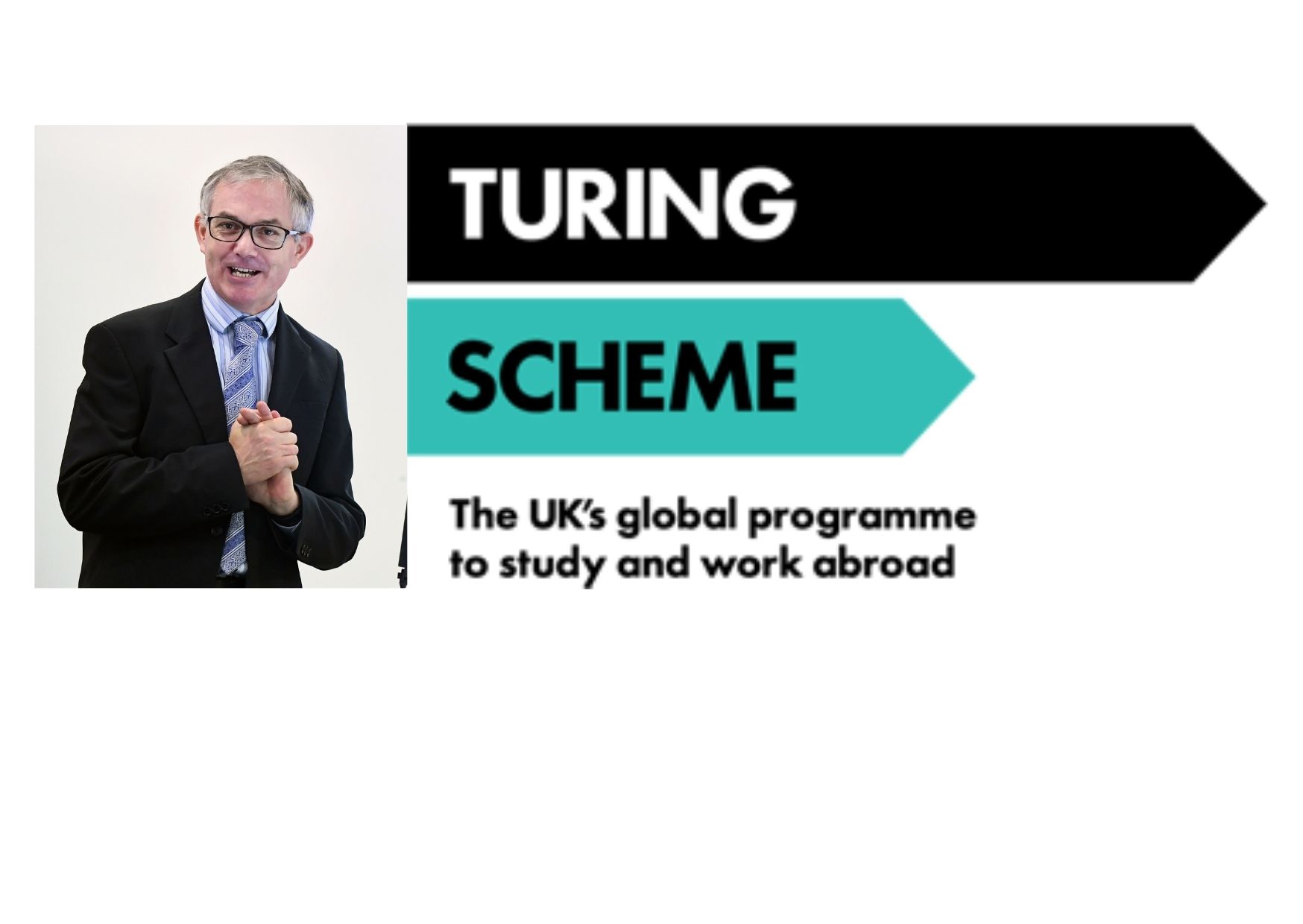During 2021 the UK Government has launched the ‘Turing Scheme’, an outbound mobility programme that provides students studying at British universities, colleges and schools opportunities to study abroad for between four weeks and 12 months. The scheme is named after the mathematician and pioneering computer scientist, Alan Turing, who was an early pioneer of internationalisation in academia and who himself studied in the USA.
The scheme is sometimes presented as a UK replacement for Erasmus, but there are several differences in operation and emphasis between the Turing scheme and Erasmus. Most importantly, it is a ‘one-way’ mobility programme which funds outbound mobility for students studying in the UK but which does not offer any support for students coming into the UK. The scheme is open to students of all nationalities who are studying in the UK.
The absence of funding for students from partners to come to the UK requires British universities to negotiate equitable arrangements with our mobility partners. For example, arranging fee waivers for students moving in both directions so that students do not pay any additional fees in order to undertake mobility. We do have flexibility in arrangements and, for example, exchanges which balance students going in one direction for a full term with a larger number of students moving the other way for a summer programme, are increasingly part of our planning.
The Turing scheme is advertised as having a renewed focus on students who are regarded as disadvantaged and provides some additional financial support for these students. This is a very welcome focus, but many such students will not be able to afford the time commitment involved as the minimum duration of mobility that is funded is 4 weeks. At Brunel we have committed additional funds to support mobility with a focus on short-duration experiences ranging from a few days to one or two week summer schools. These short mobilities will take place within Europe, and we are working particularly on mobility opportunities that are accessible by rail and/or ferry to avoid flying and minimise the environmental impact of the activity. Working with our YERUN partners on new mobility opportunities for our students, and also for YERUN students to come to the UK, is a high priority for us and, for example, the proposed YERUN summer school is an exciting development.
We have used the Turing scheme to expand and diversify the mobility opportunities available to all of our students. This includes Masters and PhD students, and there are some exciting opportunities available to enable these post-graduates to enhance their training and research experience through international mobility.
In growing mobility opportunities, we are very conscious of balancing this against sustainability goals. International travel is of considerable benefit to students, but we must make this effective, efficient and as sustainable as possible. Hence, we are working on mobilities that do not need to involve flying to destinations and are also looking into a range of virtual mobility models. This latter approach also benefits students who are unable to travel easily to due family or other commitments.
The future of student mobility, taking into account the impacts of Covid-19 and the need to take action on the climate crisis, will look different from the past. It is important that we focus on providing opportunities for all, and also that we recognise the benefits and costs of student mobility as part of the whole package of a student’s career at university. The Turing scheme provides renewed impetus to mobility for UK universities and new opportunities, but also provides us with challenges. We need to work closely with our international partners to find ways to resolve these challenges to ensure that we offer all of our students the best possible mobility experiences.
Article written by Trevor Hoey, Vice-Provost (International and Academic Partnerships) at Brunel University London










